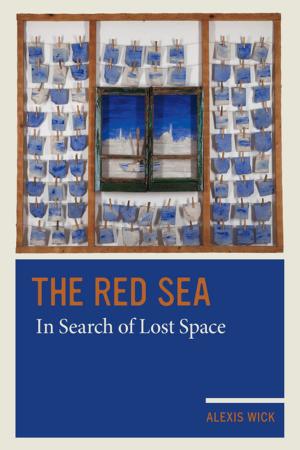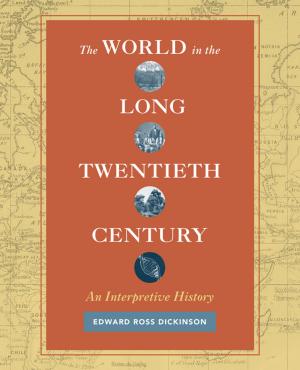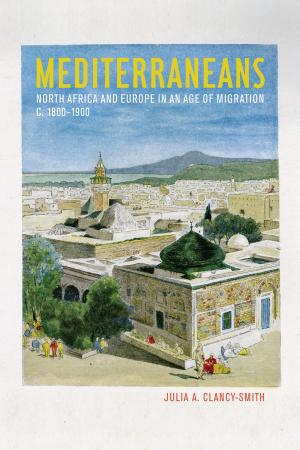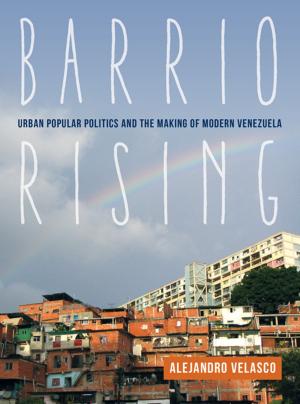One Land, Two States
Israel and Palestine as Parallel States
Nonfiction, History, Middle East, Israel, Social & Cultural Studies, Political Science| Author: | ISBN: | 9780520958401 | |
| Publisher: | University of California Press | Publication: | June 20, 2014 |
| Imprint: | University of California Press | Language: | English |
| Author: | |
| ISBN: | 9780520958401 |
| Publisher: | University of California Press |
| Publication: | June 20, 2014 |
| Imprint: | University of California Press |
| Language: | English |
One Land, Two States imagines a new vision for Israel and Palestine in a situation where the peace process has failed to deliver an end of conflict. "If the land cannot be shared by geographical division, and if a one-state solution remains unacceptable," the book asks, "can the land be shared in some other way?"
Leading Palestinian and Israeli experts along with international diplomats and scholars answer this timely question by examining a scenario with two parallel state structures, both covering the whole territory between the Mediterranean and the Jordan River, allowing for shared rather than competing claims of sovereignty. Such a political architecture would radically transform the nature and stakes of the Israel-Palestine conflict, open up for Israelis to remain in the West Bank and maintain their security position, enable Palestinians to settle in all of historic Palestine, and transform Jerusalem into a capital for both of full equality and independence—all without disturbing the demographic balance of each state. Exploring themes of security, resistance, diaspora, globalism, and religion, as well as forms of political and economic power that are not dependent on claims of exclusive territorial sovereignty, this pioneering book offers new ideas for the resolution of conflicts worldwide.
One Land, Two States imagines a new vision for Israel and Palestine in a situation where the peace process has failed to deliver an end of conflict. "If the land cannot be shared by geographical division, and if a one-state solution remains unacceptable," the book asks, "can the land be shared in some other way?"
Leading Palestinian and Israeli experts along with international diplomats and scholars answer this timely question by examining a scenario with two parallel state structures, both covering the whole territory between the Mediterranean and the Jordan River, allowing for shared rather than competing claims of sovereignty. Such a political architecture would radically transform the nature and stakes of the Israel-Palestine conflict, open up for Israelis to remain in the West Bank and maintain their security position, enable Palestinians to settle in all of historic Palestine, and transform Jerusalem into a capital for both of full equality and independence—all without disturbing the demographic balance of each state. Exploring themes of security, resistance, diaspora, globalism, and religion, as well as forms of political and economic power that are not dependent on claims of exclusive territorial sovereignty, this pioneering book offers new ideas for the resolution of conflicts worldwide.















